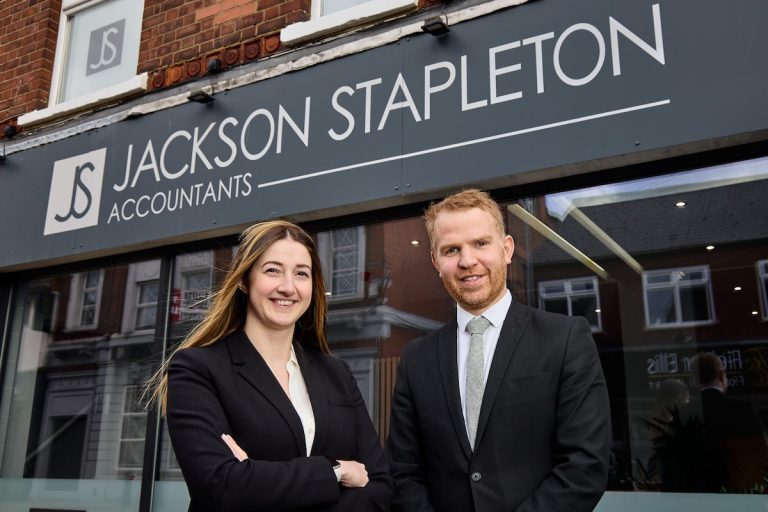Ward makes plea to Chancellor to postpone rebated fuel tax for 12 months
£1.7m Greater Lincolnshire Labour Market Support Fund launches
The Greater Lincolnshire LEP is launching a call for innovative projects to support jobs and the labour market – with £1.7m funding available.
- Training, e.g. for specific occupations such as Large Goods Vehicle Training (LGV) or training that is more flexible than other funds allow
- Labour market attraction schemes, e.g. face-to-face jobs fairs, industry tasters, job related campaigns
- Specialist support for people out of work (over and above what is already available through Government funding and European Social Fund schemes)
- Specialist recruitment and retention support
- Purchase of equipment/capital investment/new technologies, e.g. to resolve requirement to labour-intensive roles
- Support to fill roles that have been continuously challenging to fill
- Other innovative or collaborative schemes, e.g. transport schemes, sustainable childcare schemes
- Consideration of the impact of Covid – how do we enable people to return to work ensuring that any mental health needs are addressed?
- Rural dimension is very important – are there technology interventions in social care that could be considered? Care, visitor economy and hospitality sectors are losing large numbers of staff to other sectors; what opportunities are there to rebalance this beyond offering higher salaries?
- Innovative schemes/structured approaches to help address vacancies in the interim, given that automation and planning for the future take time, e.g. food sector, loss of seasonal EU staff
- Ideas that help address retention of skills in key sectors, e.g. in the construction and manufacturing sector; many are picking and choosing their jobs in other regions (attraction of larger projects, higher salaries, etc)
- Initiatives such as wheels to work, bespoke demand-responsive transport options, understanding the seclusion of many of our rural communities
- Innovative ideas that might help attract back recently retired individuals, garnering knowledge and expertise
- Wage incentives will not be eligible
- Schemes must not duplicate something already funded or readily available and accessible
- The LEP is seeking schemes that are innovative and/or collaborative
- All projects must address labour shortages in the immediate or short term and focus on solutions that reduce the need for labour or fill job vacancies
- Schemes that will not result in addressing labour shortages by March 2026 will not be considered
- Where the proposal is for a capital asset, or for funds to train your own staff or recruit staff for your own business, match funding will be required
- Schemes that deliver training must result in people moving into job roles that would otherwise not have been filled within 60 days of the end of the intervention
- All project proposals must state clearly how outputs or outcomes will be measured and reported
- There is a maximum of £1.7m available in this scheme
- Scheme proposals can be capital or revenue or a combination of both
- Funding requests should be in excess of £200,000, although consideration will be given to proposals that seek £100,000 if there is a very strong case
- All funds must be spent by 31 December 2024, and outcomes delivered by 2025












